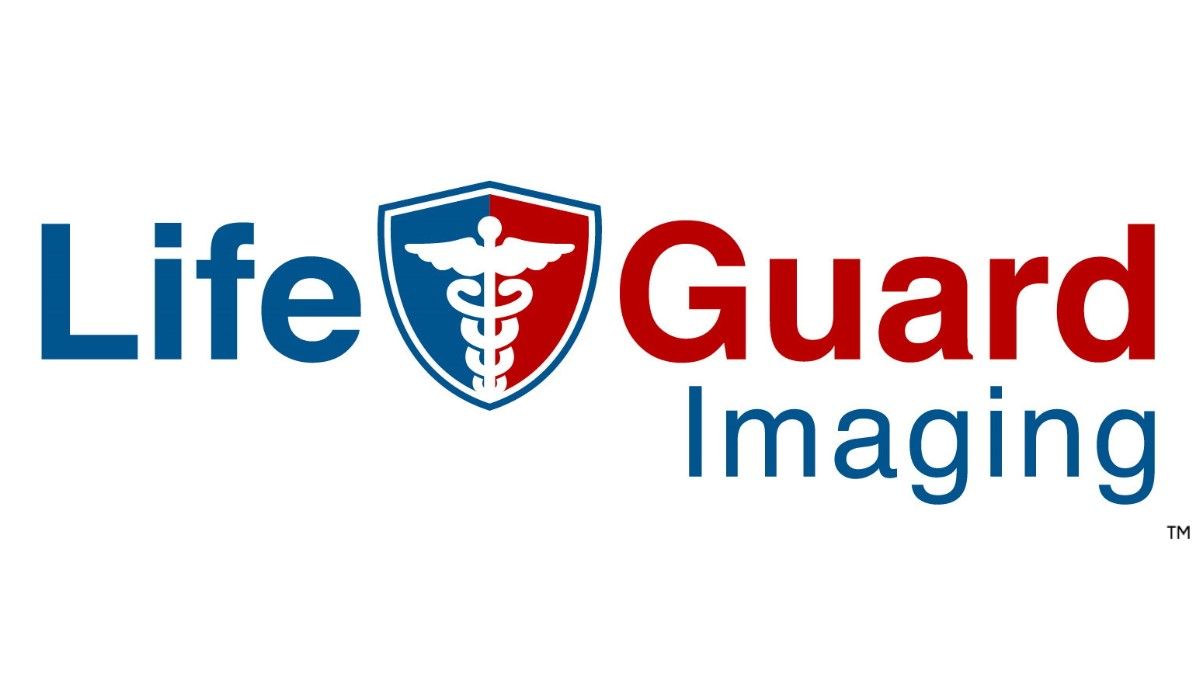Educational Articles for Smarter Health Decisions at Life Guard Imaging in Tampa, FL

December 3, 2025
Life Guard Imaging provides expert preventative screening & medical imaging in Phoenix, Scottsdale, Fountain Hills, AZ & Tampa, FL. Protect your health—contact us!
December 2, 2025
Life Guard Imaging provides virtual colonoscopies that are just as effective as traditional ones in Phoenix, Scottsdale, Fountain Hills, AZ & Tampa, FL. Book your appointment today!
December 2, 2025
Life Guard Imaging offers osteoporosis and bone density scans in Phoenix, Scottsdale, Fountain Hills, AZ & Tampa, FL. Ensure strong, healthy bones—schedule your scan today!
December 2, 2025
You go in with a cough. The doctor orders a chest X-ray. It comes back “clear.” You’re relieved—until the symptoms stick around. Sound familiar? X-rays have been a go-to diagnostic tool for decades. And they’re great—for some things. But when it comes to catching serious conditions early, a chest CT scan can reveal what an X-ray simply can’t. At Life Guard Imaging in Phoenix, we offer low-dose CT chest scans designed specifically for preventative care—to give you answers before a problem becomes a diagnosis.
December 2, 2025
Get reliable osteoporosis and bone density scans at Life Guard Imaging in Phoenix, Scottsdale, Fountain Hills, AZ & Tampa, FL. Protect your bones—book your scan today!
December 2, 2025
You can’t put a price on peace of mind. But you can tally the cost of a missed diagnosis. And it’s staggering. From mounting hospital bills and delayed treatments to irreversible health damage and missed moments with loved ones—the true cost isn’t just financial or emotional. It’s highly personal, and in many cases, it’s entirely preventable with a simple scan. At Life Guard Imaging in Phoenix, we believe early detection is a strategy. One that complements—not replaces—your primary care. One that gives you a clear picture of your health before symptoms force you into action.
December 2, 2025
Just hearing the word “MRI” makes some people sweat. Maybe you’ve been there: sliding into a narrow, loud tunnel, toughing it out. Or maybe you couldn’t do it at all. If claustrophobia has ever kept you from getting the imaging you need—we have good news. CT scans are not as claustrophobic as MRIs. At Life Guard Imaging in Tampa, we use low-dose CT scans that are quick, open, and far less intimidating than traditional MRIs. And when it comes to preventative care, we know that comfort matters just as much as accuracy.
December 2, 2025
Experience less claustrophobia with CT scans at Life Guard Imaging in Phoenix, Scottsdale, Fountain Hills, AZ & Tampa, FL. Comfortable, effective imaging. Schedule today!
December 2, 2025
You make the appointment. You get your blood pressure checked, maybe step on the scale, chat about stress and sleep. If anything seems off, your doctor might order some labs. This is the annual physical—a long-standing staple of responsible healthcare that’s so important. But what if your body is holding onto something your physical exam can’t see? Preventative imaging offers a deeper, clearer look inside your body, complementing your doctor’s work to provide a full picture of your health.
